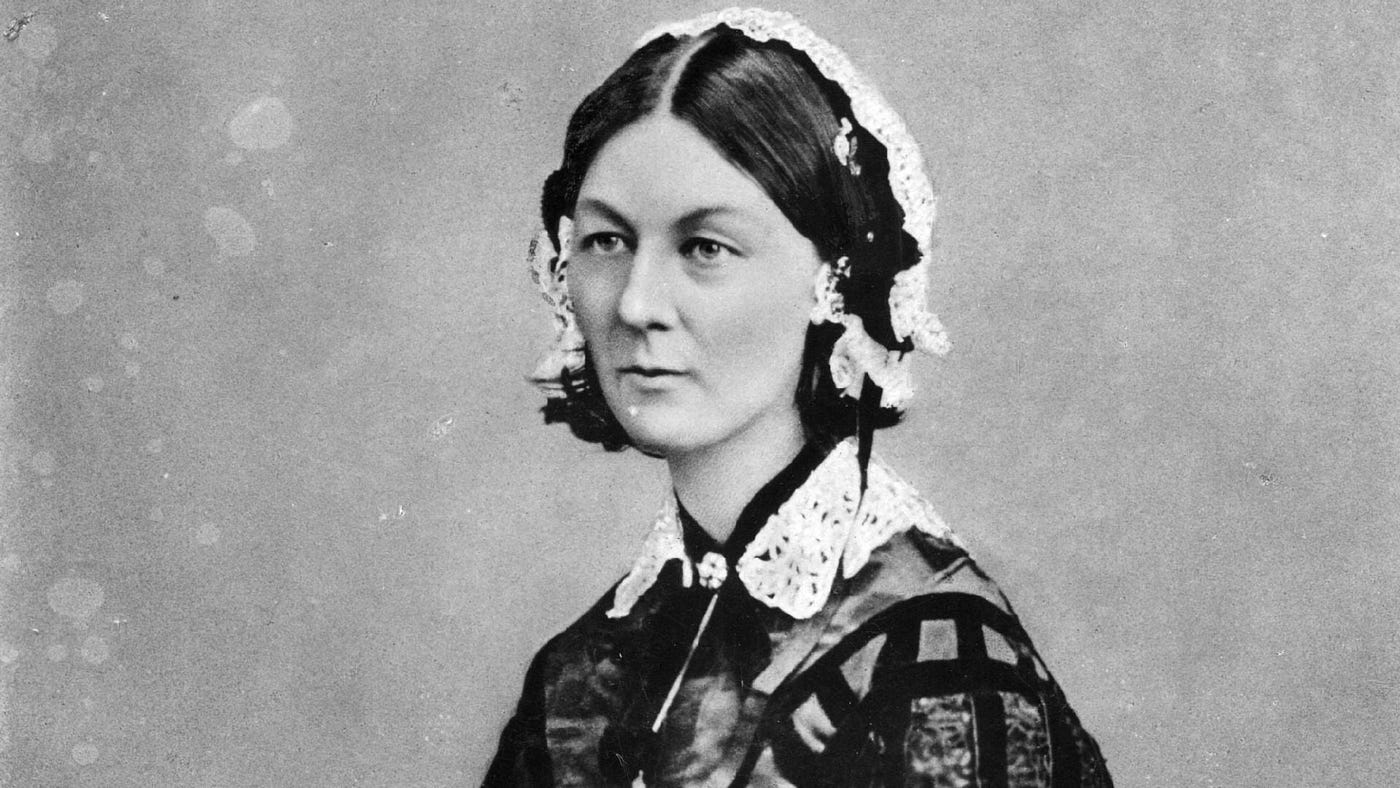Nursing Theory I
1. Nightingale’s Philosophy

Nightingale’s Environmental Theory
Environmental Theory is the first nursing theorist. “Act of utilizing the environment of the patient to assist him in his recovery” (Nightingale, 1860/1969).
Involves five environmental factors:
- Pure or fresh air
Ensuring adequate ventilation and fresh air is crucial for health. - Pure water
Access to clean, safe drinking water is essential. - Efficient drainage
Proper sanitation and waste disposal are necessary to prevent disease. - Cleanliness
Maintaining a clean environment, both for the patient and the care area, is vital. - Light, esp. direct sunlight
Exposure to light, particularly sunlight, is important for physical and psychological well-being.
She believed that deficiencies in any of these areas could contribute to illness or hinder recovery. Beyond these, Nightingale also emphasized the importance of:
- Keeping the patient warm
- Maintaining a quiet environment
- Ensuring proper dietary intake
- Timeliness of meals
The general concepts of health in Nightingale’s Environmental Theory include ventilation, cleanliness, a quiet environment, and nutrition. Her ideas continue to influence nursing and healthcare practices today, emphasizing the importance of a healing environment in patient care.